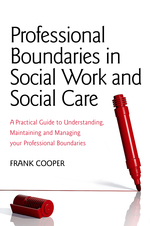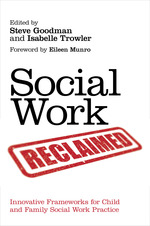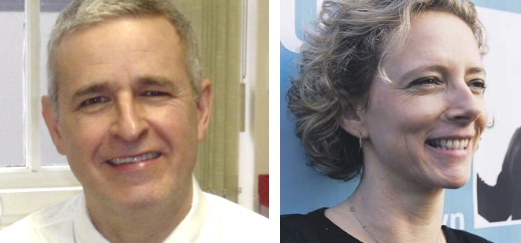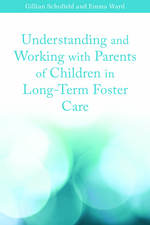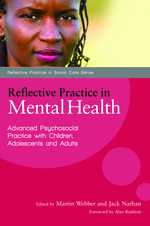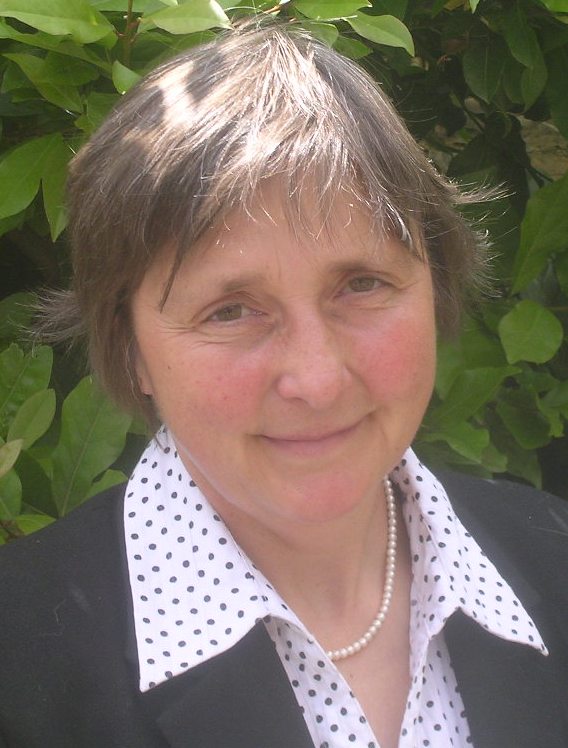Understanding and maintaining professional boundaries in social care work – An interview with Frank Cooper
“Professional boundaries are vital in social care work because we are working on a deep level with vulnerable people. This means that we have a responsibility to them to do things to the best of our ability and to ensure that our help and support does not damage or disenfranchise them. Working with difficult issues can also be very stressful and draining work, and professional boundaries help us to manage ourselves and our emotions.”
